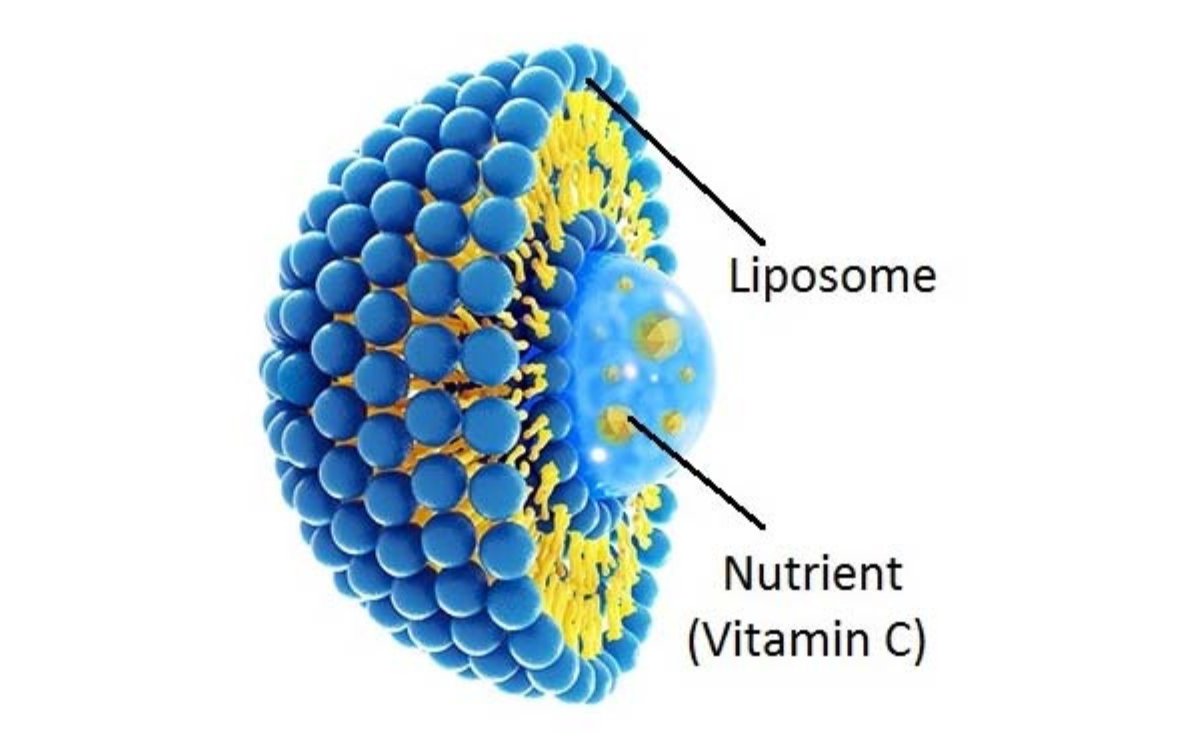Vitamin C: What it Actually Does and How You Can Use It
The human body is capable of phenomenal feats of strength, but only when all the right pieces are in place. Every machine needs the proper fuel and vitamins to run at its best, and that’s especially true for our bodies. Vitamin C is a crucial piece of the puzzle when it comes to optimising your health and fitness. Unfortunately, many people don’t really know what vitamin C does or how to use it effectively. In this blog post, we’ll demystify vitamin C and show you how this essential nutrient can help you reach your fitness goals. Read on to learn more!
What vitamin C is and what it does
Vitamin C is a water-soluble vitamin that plays an important role in many of the body’s essential functions. For example, vitamin C is involved in the production of collagen, a key structural protein that helps to keep our skin and bones healthy. Vitamin C is also a powerful antioxidant, meaning that it can help to protect our cells from damage caused by harmful molecules known as free radicals.
In addition to its well-known roles in collagen production and antioxidant activity, vitamin C is also involved in immunity, wound healing, and iron absorption. As you can see, this nutrient is pretty important!
How to get enough vitamin C
The recommended daily intake of vitamin C is 75-90 mg for adults. You can easily meet your needs by eating a diet that includes plenty of fruits and vegetables. Citrus fruits, red and yellow bell peppers, broccoli, Brussels sprouts, and kale are all great sources of vitamin C.
If you’re looking for a supplement to help you meet your vitamin C needs, look for a product that contains at least 1000 mg of vitamin C per serving. This will ensure that you’re getting enough of the nutrient to reap its health benefits.
How vitamin C can help you reach your fitness goals
Now that we know what vitamin C is and what it does, let’s talk about how this nutrient can help you reach your fitness goals.
If you’re looking to improve your endurance and performance, vitamin C may be just what you need. This nutrient has been shown to help increase oxygen uptake and reduce exercise-induced oxidative stress. In other words, vitamin C can help your body better use oxygen during exercise, and it can also help to protect your cells from the damage that can occur during strenuous exercise.
In addition to its performance-enhancing effects, vitamin C may also help to reduce post-exercise muscle soreness. So, if you’re looking to speed up your recovery time, this nutrient is definitely worth considering.
Foods that are high in vitamin C
There are plenty of foods that are rich in vitamin C, so it’s easy to get your fill of this essential nutrient. Here are a few of our favourites:
Citrus fruits: oranges, grapefruits, lemons, etc.
Red and yellow bell peppers
Broccoli
Brussels sprouts
Kale
Spinach
Papaya
Strawberries
Guava
Liposomal Vitamin C by Blackstone Labs
When it comes to vitamin C supplements, quality is key. Look for a product that contains at least 1000 mg of vitamin C per serving, and be sure to check the label to make sure that the supplement is free of added sugars, artificial flavors, and other unwanted ingredients.
If you’re looking for a high-quality vitamin C supplement to help you reach your fitness goals, try Liposomal Vitamin C by Blackstone Labs. Liposomal Vitamin C by Blackstone Labs is a great option for those looking for a high-quality vitamin C supplement.
This product contains 1000 mg of vitamin C per serving, as well as other citrus bioflavonoids to support immunity and health. Plus, it’s free of artificial sweeteners, flavours, and colours.
No matter how you choose to get your vitamin C, be sure to include this essential nutrient in your diet or supplement regimen to support your health and performance. Your body will thank you
The side effects of taking too much vitamin C
Though vitamin C is a nutrient that is essential to good health, it is possible to take too much of it. When taken in large doses, vitamin C can cause diarrhoea, nausea, and abdominal cramps. If you experience any of these side effects, reduce your dose or stop taking the supplement altogether. As always, it’s best to speak with a healthcare professional before starting any new supplement regimen.
Conclusion
Vitamin C is a water-soluble nutrient that is essential to good health. This nutrient has many important functions, including supporting immunity, reducing inflammation, and aiding in the absorption of iron. Vitamin C can also help to improve endurance and reduce post-exercise muscle soreness.
